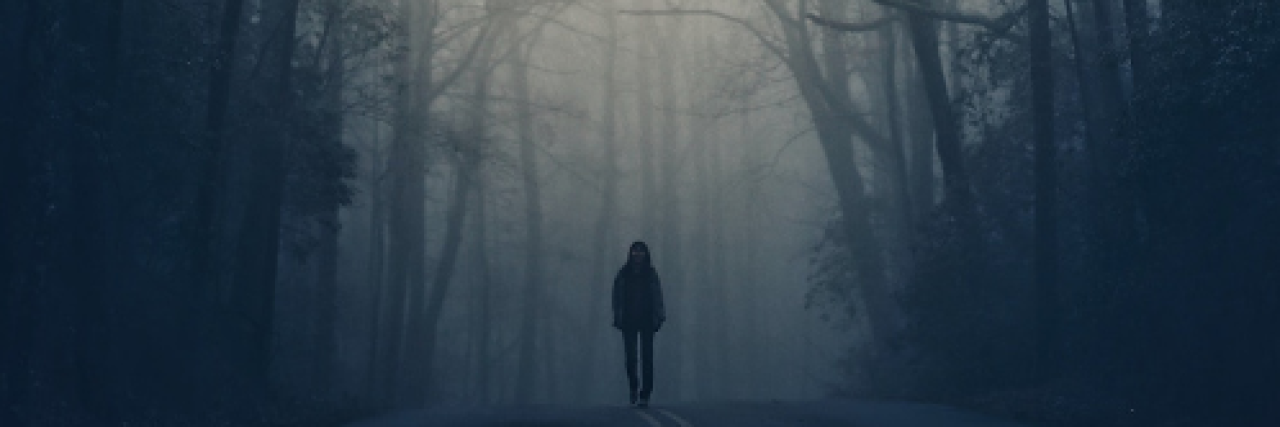I am currently in my apartment surrounded by the comfort of plants (two ferns, two fiddle leaf fig trees, two orchids and a succulent) and the undying love of my eight-month-old puppy—new editions to my home since the beginning of the pandemic. COVID-19 forced many people, including myself, to improvise and find new ways to ignite passion and happiness in their lives when forced to live a life indoors. A life without in-person interaction, support and community—basically the middle of Maslow’s hierarchy of needs. A life alone, for many.
I write from the perspective of a single, gay 33-year-old living in Manhattan, but loneliness affects everyone. Many people feel lonely and trapped in relationships. Many people feel unheard and misunderstood by their friends and family. One in three people in the U.S. are affected by coronavirus loneliness. Often, people rely on daily distractions, whether it be going into the workplace or getting drinks with friends (often more drinks than one should) or going to a workout class. When daily life as we knew it was ripped away from us in March 2020, people had to face an unspoken truth: we often feel alone.
No matter how many television shows you watch, how many books you read, how many loaves of sourdough bread you make, loneliness is there waiting for you. Just around the corner, sitting patiently until you are done practicing your latest newfound hobby. Loneliness, we find, is unavoidable.
When left alone with your thoughts for too long, the same questions often pop up: Will I always be alone? Will I find a partner to share my life with? Will I ever achieve anything professionally? Will I ever not live paycheck to paycheck? The intense desire to avoid these daunting introspections led to my turning my small, city apartment into an urban jungle, ferocious eight-pound beast included. How does one counteract loneliness? With life. Taking care of living creatures—plants and my dog—have given me purpose, as silly as it sounds. Their effect on my mood is visible. Nature is magical. Life has soothed my loneliness.
At the same time, it is important not to run away from loneliness. Loneliness, when all is said and done, is a part of life. Acknowledging that I felt lonely led me to have beneficial conversations with friends and my therapist to figure out why I was feeling this way. In my case, I was holding myself to the standard of a picture-perfect life I had created in my head but not yet achieved. And now I was even less close (thanks, pandemic). This exacerbated the question: Will I be alone forever? I journaled about it. I meditated on it. At times it felt overwhelming, but eventually I was able to say to myself, Oh hey, that’s my loneliness, and move on. Like most people, I do worry about my future. But that is not necessarily bad. It can prompt change.
Loneliness allowed me to write the manuscript for a book and sign a deal with a book agent. Loneliness allowed me to start my own company that launches this fall. It is hard to tell if these accomplishments were just more distractions from my loneliness—a bit of a chicken or the egg scenario. Did being lonely incite these projects, or did I dive into these projects to avoid feeling alone? Regardless, the net benefit has been positive. These two career shifts have reinvigorated me and reminded me that I can indeed feel passion after years of boredom and insecurity in prior jobs.
As more and more vaccines are rolled out and the hope of returning to our former lives grows, let us not forget our feelings of loneliness. Loneliness humanizes us and inspires us to learn new things about ourselves. Loneliness is universal—we all feel it, so let’s talk about it with each other.
Be kind to one another. And cherish being able to be in the physical presence of friends and community once more.
Plants are great, but people are even better.
Image by Justin Novello on Unsplash

